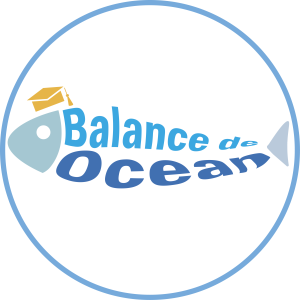A new platform for Science Communication and Outreach: “LASBOS” (Learning and study by Balance de Ocean System)
Section outline
-
-
pdf_version ফাইল PDF757.3 কেবি · Uploaded 7/12/22, 11:41








